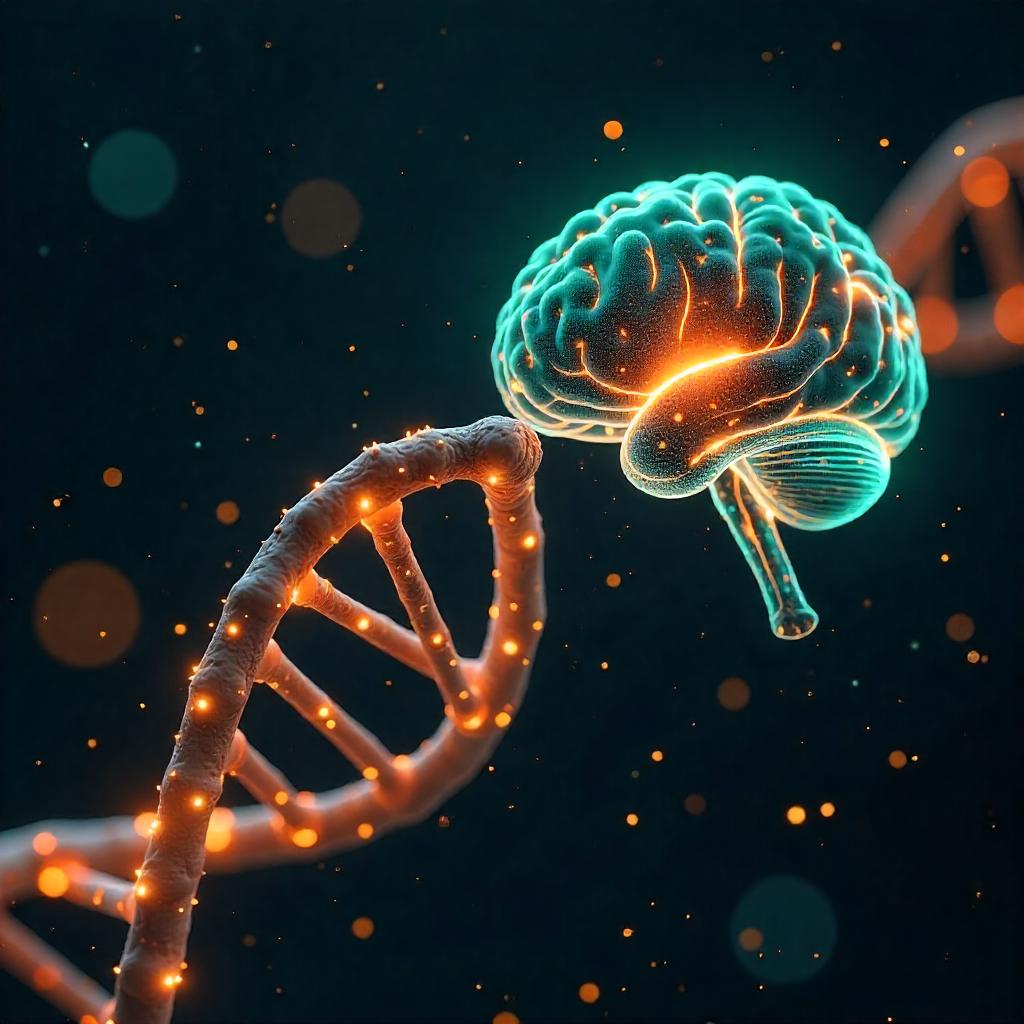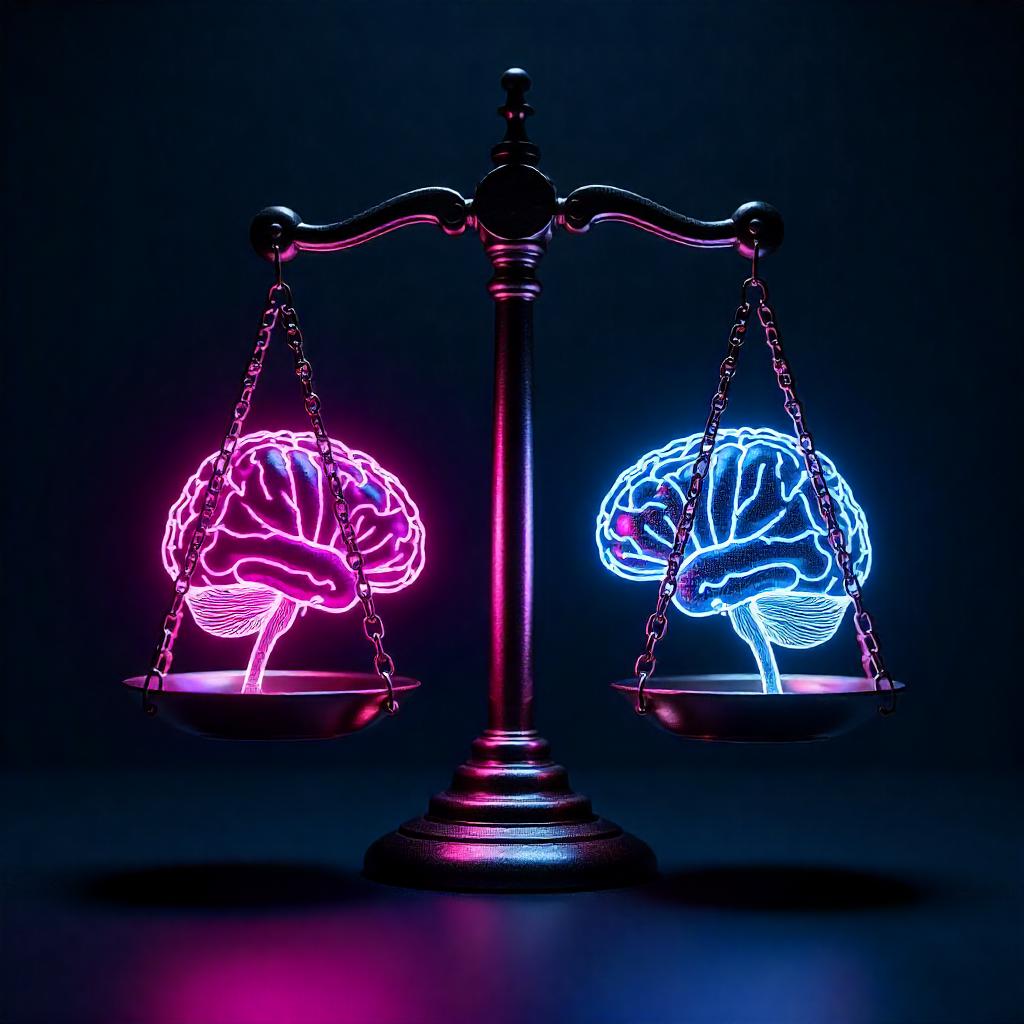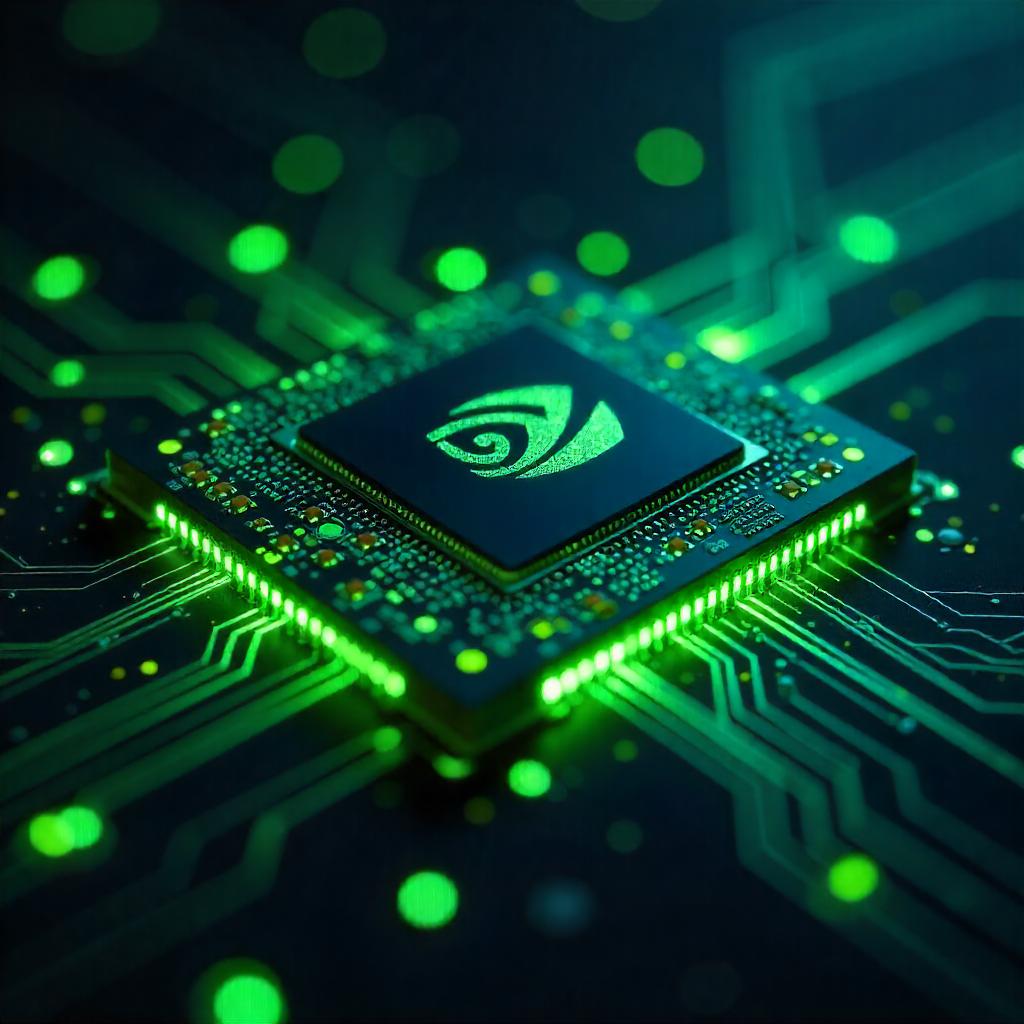Artificial Intelligence (AI) is no longer a futuristic concept in medicine; it's a rapidly evolving force actively reshaping the healthcare landscape. From enhancing diagnostic accuracy to personalizing treatment plans and streamlining patient care, AI's potential to improve health outcomes and operational efficiency is immense.
Smarter Diagnostics: Seeing the Unseen
AI algorithms, particularly those based on machine learning and deep learning, excel at pattern recognition in complex medical data. They are being deployed to analyze medical images (X-rays, CT scans, MRIs) with remarkable speed and accuracy, often detecting subtle signs of disease like cancer or diabetic retinopathy earlier than the human eye. This leads to quicker diagnoses, more timely interventions, and ultimately, better prognoses.
Personalized Treatment Pathways
The era of one-size-fits-all medicine is waning, thanks in part to AI. By analyzing a patient's genetic makeup, lifestyle factors, and medical history, AI can help predict how an individual might respond to different therapies. This allows clinicians to tailor treatment plans with greater precision, optimizing efficacy and minimizing adverse side effects. AI is also accelerating drug discovery by sifting through vast molecular databases to identify promising new drug candidates.
Key AI Applications in Healthcare:
- Medical Imaging Analysis: Faster, more accurate detection of diseases from scans.
- Predictive Analytics: Identifying at-risk patients for proactive interventions.
- Personalized Medicine: Tailoring treatments based on individual patient data.
- Drug Discovery & Development: Accelerating the search for new therapies.
- Virtual Health Assistants & Chatbots: Providing 24/7 patient support and information.
- Robotic Surgery: Enhancing precision and minimizing invasiveness of surgical procedures.
Enhancing Patient Care and Efficiency
Beyond diagnostics and treatment, AI is improving the overall patient experience and hospital operations. AI-powered virtual assistants can provide patients with instant access to information, manage appointments, and monitor symptoms remotely. In hospitals, AI can optimize scheduling, manage resources, and even predict patient flow to reduce wait times and improve staff allocation. While ethical considerations regarding data privacy and algorithmic bias remain crucial (and are discussed in our companion article on AI Ethics), the trajectory of AI in healthcare is undeniably transformative.
As these technologies mature, the collaboration between human medical professionals and AI systems will become even more critical, ushering in a new age of intelligent, personalized, and efficient healthcare for all.



